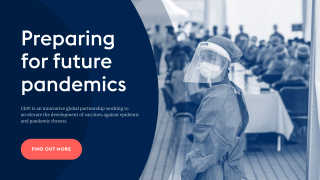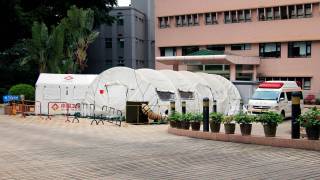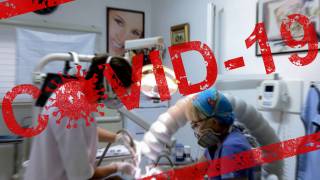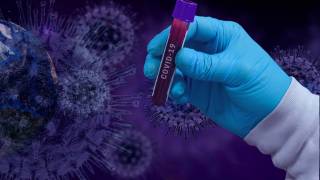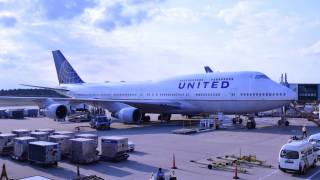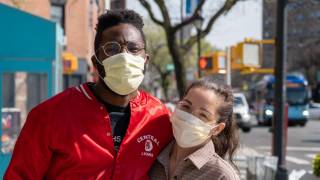Test and Travel Strategies Might Be Beneficial
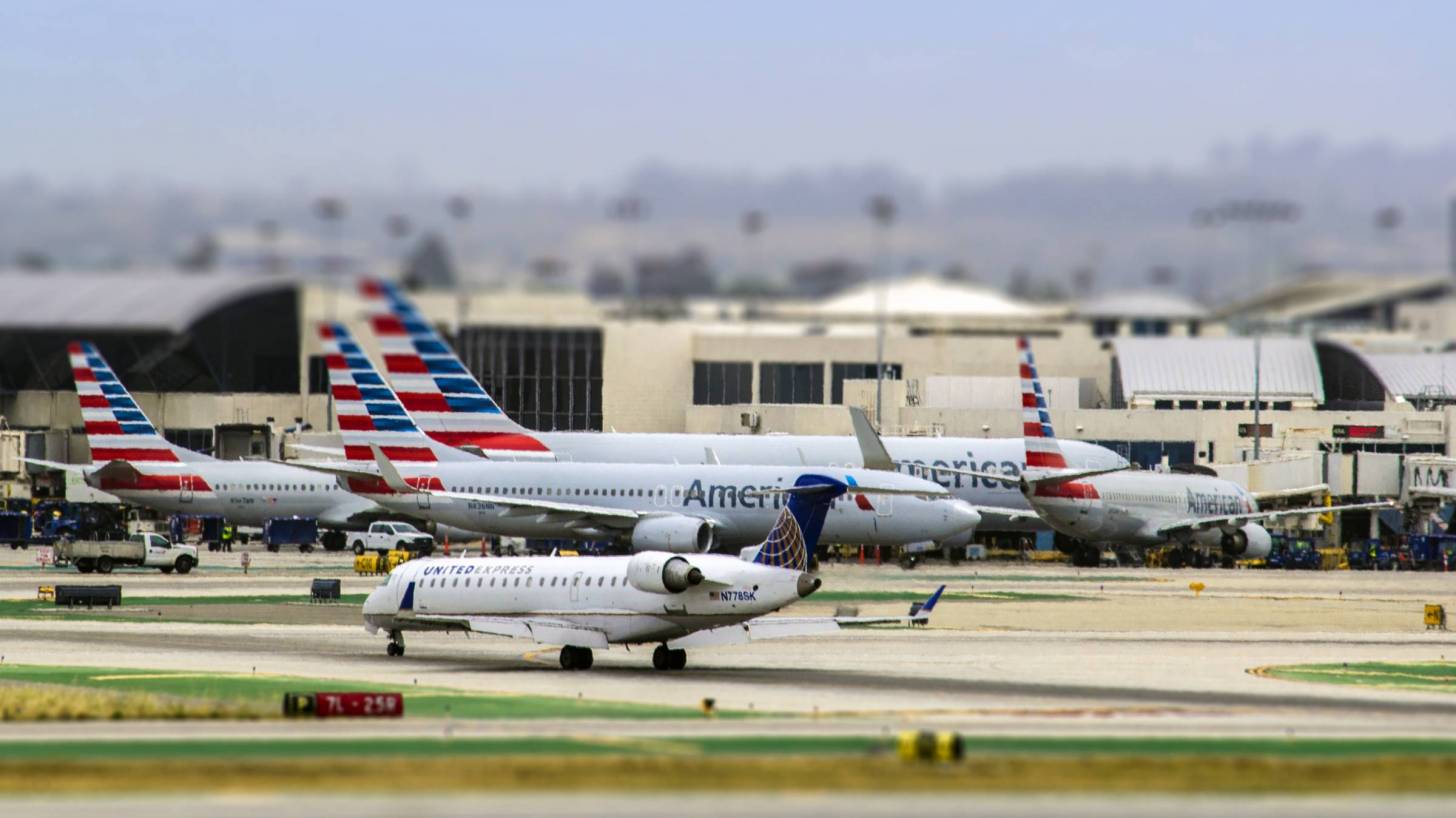
Almost 90% of infectious travelers could be detected with rapid SARS-CoV-2 coronavirus tests at the airport, according to a computer simulation by UC San Francisco (UCSF) researchers.
Furthermore, these researchers say most imported virus infections could be prevented with a combination of pre-travel testing and a five-day, post-travel quarantine and continued testing.
“This (simulated) evidence could be useful to standardize testing and quarantine policy for COVID-19 at the airline, city, and state level for travelers,” commented Nathan Lo, M.D., Ph.D., senior author of the paper published on March 22, 2021.
“Nothing will be perfectly safe, and travel will always pose a risk to the individual and for (virus) importation to states, but this is a way to minimize the risk substantially.”
The data in the study published in The Lancet Infectious Diseases came from a large-scale computer simulation of how different combinations of testing and quarantine can prevent infectious travelers from spreading COVID-19.
The UCSF model makes forecasts based on what is already known about how many people are likely to be infected on any given day, how long they are likely to be infectious and how possible different types of tests detect contagious people.
“It is reasonable to assume the more sensitive PCR would be the most useful,” said Mathew Kiang, ScD, a fellow at the FXB Center for Health and Human Rights at the Harvard TH Chan School of Public Health, first author of the paper.
“But here we saw that the same-day rapid testing was almost as good after accounting for the delay in test results from a PCR.”
He added that the rapid tests have the advantage of being a quick and easy alternative for travelers, whereas PCR tests require them to make an additional trip to get tested a few days before departure.
Alternative rapid testing platforms, such as loop-mediated isothermal amplification assays, with similar test characteristics to rapid antigen tests, are viable options if available as point-of-care tests.
“Asking people to get tested before the day of travel may not be as feasible,” he said.
Researchers also found that a five-day quarantine was about as effective as a 10- or 14-day quarantine and more likely to be enforceable.
By contrast, if airlines’ focus is to reduce passenger risk of infection during travel, as measured by the proportion of infectious travelers detected, the pre-travel testing strategies appear to be favorable and efficient.
Some actively infected travelers were missed with these pre-travel testing strategies, which was mostly related to imperfect test sensitivity and people exposed during travel but not yet detectable at the time of testing (in the case of PCR testing 2–3 days before travel).
‘Our findings should be interpreted within the context of the limitations of the data and model assumptions. Key uncertainties remain in the natural history of COVID-19, heterogeneity in transmission, and variation in diagnostic test accuracy and quality that we simplified in this modeling analysis.’
Routine test-and-travel strategies for asymptomatic individuals would require considerable resources, coordination, guidelines, and ongoing participation of airlines and travelers. Airline travelers would likely bear the cost of routine testing (US $100), although airlines or the government could provide subsidies.
Airlines in the USA often charge $100 for low-cost flights.
The researchers stated they did not account for the test costs or the loss of productivity during a 5-day quarantine impact in their analysis.
“Ultimately, it’s a value judgment,” Dr. Lo said. “These strategies are not perfect, but if we implement test-and-travel strategies, we can dramatically reduce the risk of infection when traveling.”
The UCSF Department of Medicine supported the study. There were no commercial industry conflicts of interest disclosed.
Vax-Before-Travel publishes research-based travel news.
Our Trust Standards: Medical Advisory Committee



